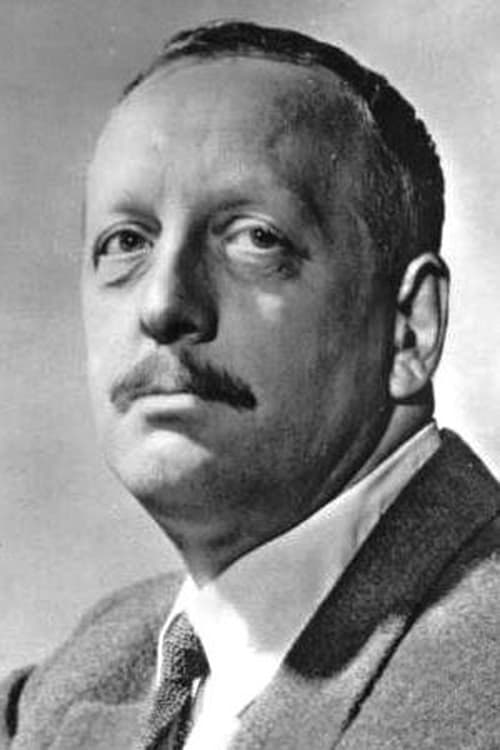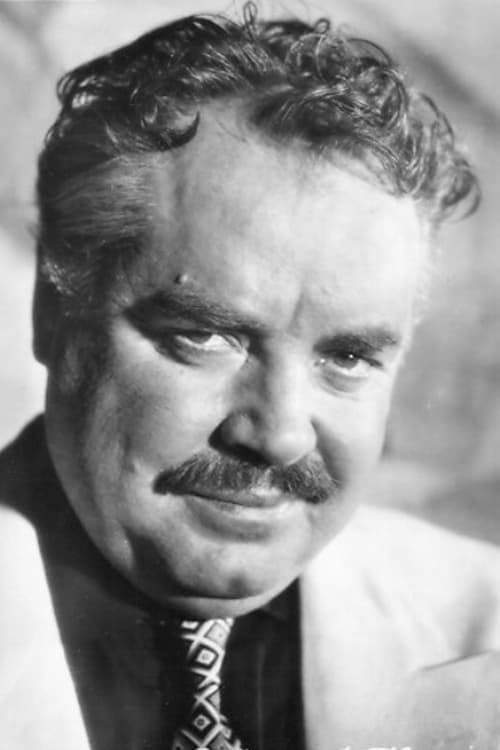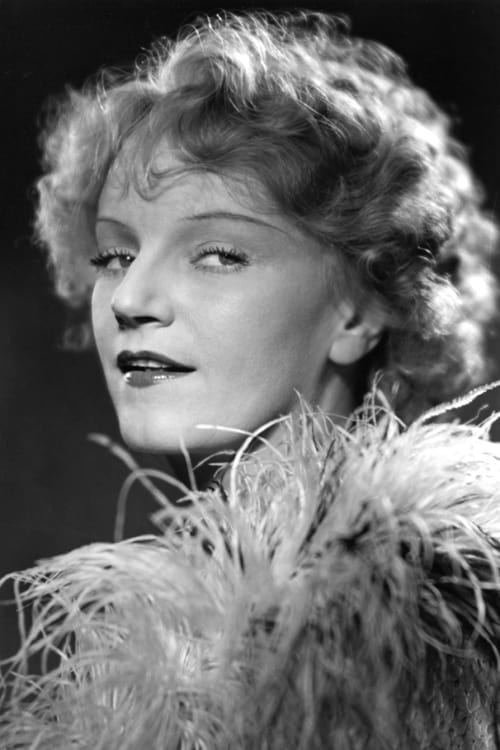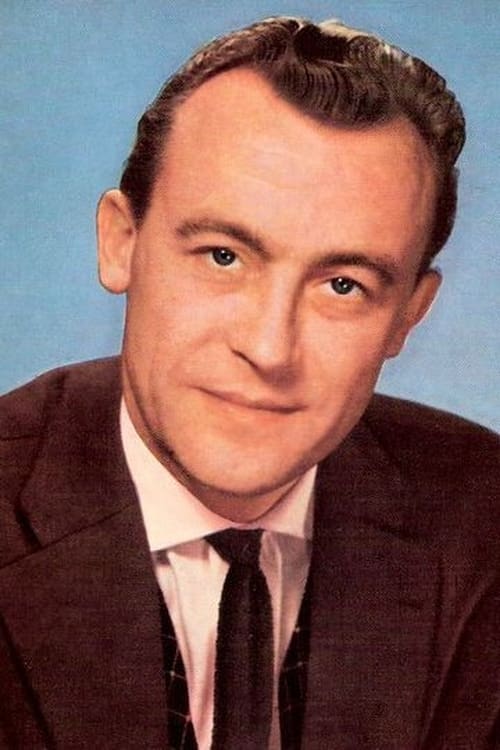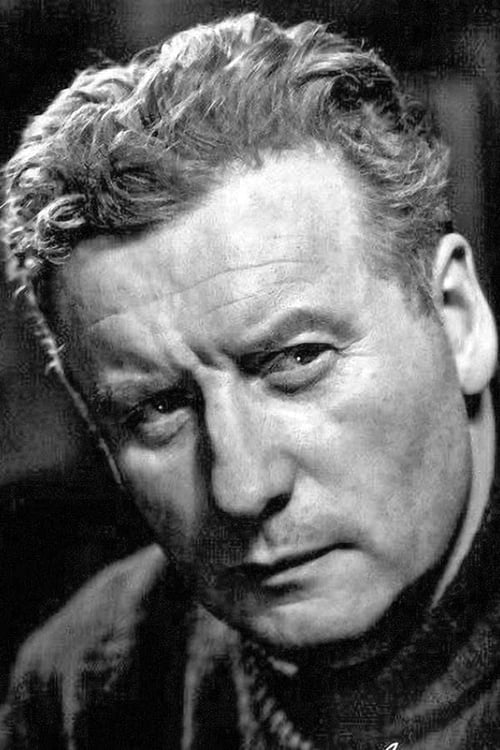The Axe of Wandsbek (1951)
Genre : Drama
Runtime : 1H 50M
Director : Falk Harnack
Synopsis
Hamburg, Germany 1934: An executioner is needed. Teetjen makes the biggest mistake of his life. Because his butcher shop is facing bankruptcy, he agrees to execute a group of political prisoners for the Nazis. Once this becomes known, Teetjen’s life falls apart.

Narrated by David McCullough, this program examines the infamous Entartete Kunst (degenerate art) exhibition mounted by the Nazis in Munich in 1937 and their far-reaching attacks on avant-garde art in Germany. Witness compelling footage of Nazi book burnings, and of the exhibition itself. Includes interviews with historians, art critics, and eyewitnesses to the events that dramatize this powerful story of the Nazis' assault on modern culture.

Na construção de um prédio é descoberto por acaso o bunker onde Adolf Hitler cometeu suicidio. No seu interior, juntamente com o esqueleto da sua companheira, encontrava-se dentro de um boião de formol o seu viril membro. Este peculiar achado levou a que um grupo de neo-nazis espanhóis fossem recrutados por um cientista maluco para o roubarem o dito pênis conservado, para que assim se pudesse reconstruir o clone do Führer.
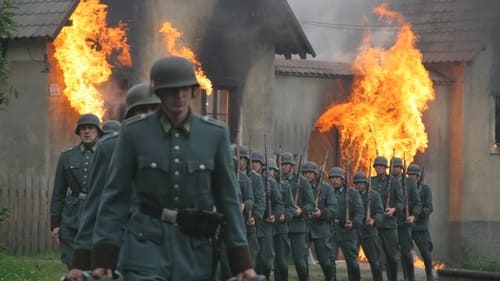
Czechoslovakia, 1941. As the war continues, Reich Protector Reinhard Heydrich arrives in Nazi-occupied Prague and establishes a regime of terror that will force freedom fighters to act. But the price to pay will be too high.
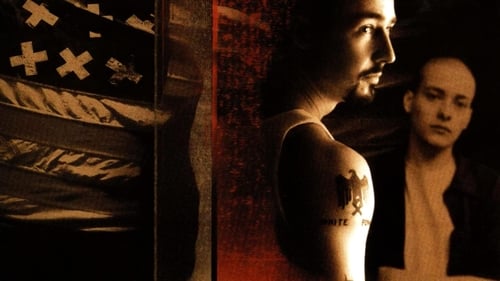
Derek Vineyard is paroled after serving 3 years in prison for killing two African-American men. Through his brother, Danny Vineyard's narration, we learn that before going to prison, Derek was a skinhead and the leader of a violent white supremacist gang that committed acts of racial crime throughout L.A. and his actions greatly influenced Danny. Reformed and fresh out of prison, Derek severs contact with the gang and becomes determined to keep Danny from going down the same violent path as he did.
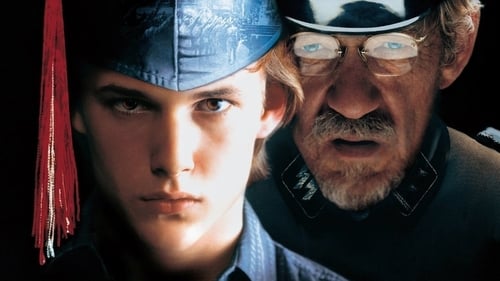
One day in 1984, Todd Bowden, a brilliant high school boy fascinated by the history of Nazism, stumbles across an old man whose appearance resembles that of Kurt Dussander, a wanted Nazi war criminal. A month later, Todd decides to knock on his door.

Four corrupted fascist libertines round up 9 teenage boys and girls and subject them to 120 days of sadistic physical, mental and sexual torture.
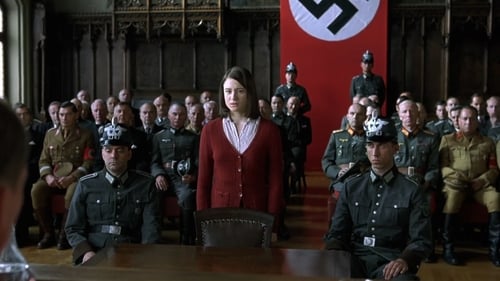
In 1943, as Hitler continues to wage war across Europe, a group of college students mount an underground resistance movement in Munich. Dedicated expressly to the downfall of the monolithic Third Reich war machine, they call themselves the White Rose. One of its few female members, Sophie Scholl is captured during a dangerous mission to distribute pamphlets on campus with her brother Hans. Unwavering in her convictions and loyalty to the White Rose, her cross-examination by the Gestapo quickly escalates into a searing test of wills as Scholl delivers a passionate call to freedom and personal responsibility.

Based on a true story of inmates at KZ Buchenwald that risked their lives to hide a small Jewish boy shortly before the liberation of the camp.
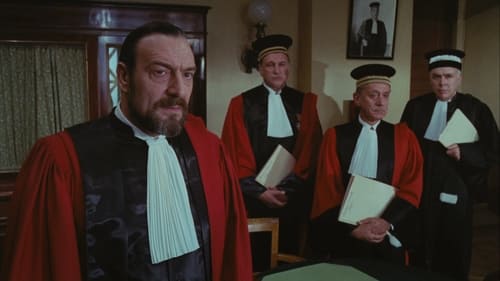
In occupied France during the WWII, a German officer is murdered. The collaborationist Vichy government decides to pin the murder on six petty criminals. Loyal judges are called in to convict them as quickly as possible.

Lore leads her four younger siblings across a war-torn Germany in 1945. Amidst the chaos she encounters a mysterious refugee who shatters her fragile reality with hatred and desire.
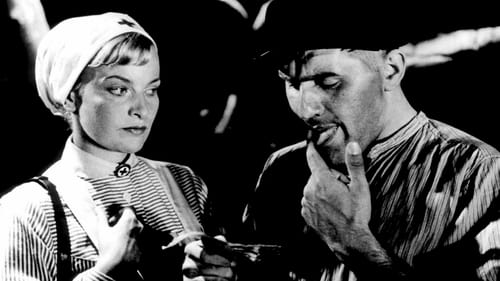
Hamburg, Germany, 1944, during World War II. A serial killer terrorizes the city. When it seems clear that the local police are unable to catch him, forces as dark and terrible as the criminal himself become involved in the case.

In this drama, an American art student is trapped amidst the political turmoil of war-torn Europe while visiting Paris and staying at the fabulous Ritz hotel. Rather than cope constructively with it all, the fellow opts to ignore it and continue living the high-life for as long as possible.

A portrait of Peruvian Jorge Poholyrec, a 71-year-old pariah who is a defender of Nazism and such extremist postures as misogyny, eugenetics, the importation of females, and the suppression of minority populations.
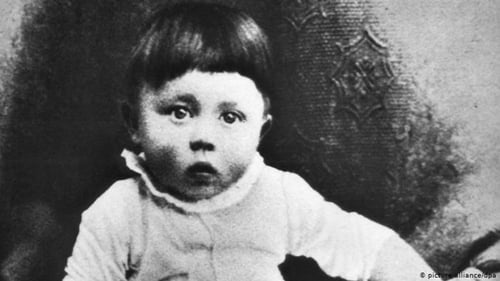
Hitler's biography told like never before. Besides brief historical localizations by a narrator, only contemporaries and Hitler himself speak: no interviews, no reenactment, no illustrative graphics and no technical gadgets. The testimonies from diaries, letters, speeches and autobiographies are assembled with new, often unpublished archive material. Hitler's life and work are thus reflected in a unique way in interaction with the image of the society in the years 1889 to 1945.
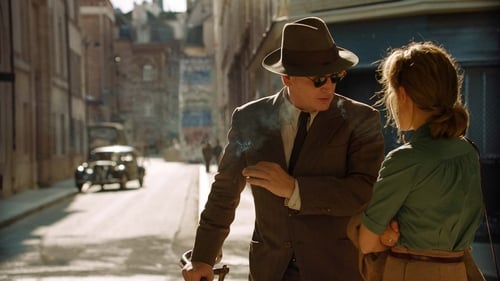
In the last days of the Nazi-occupied France, writer Marguerite Duras awaits the return of her husband, Robert Antelme, arrested for being a Resistance fighter and then deported, while she maintains a tense relationship with her ambiguous lover and a dangerous game with a French collaborationist. Even when the Liberation arrives, she must still endure the unbearable pain of waiting.

Patriotic freedom fighters struggle against a fascist dictatorship in a near-future USA.

Four very different people live in the same building but avoid each other because of differences in how they live their lives, what they believe in, and where they come from. They would probably never exchange a word, but misfortune pushes them towards each other. Their lives entangle in ways that profoundly challenge deep-held beliefs and prejudices surrounding material status, sexual orientation, nationality and religion. Slowly, and even painfully, they begin to open up to each other and recognize the essential humanity each of them possesses.
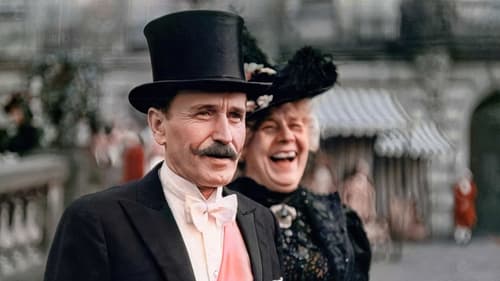
This Polish historical drama film traces the fascinating saga of a wealthy, princely Polish dynasty in years 1900-1935.

Shalom Italia tells the story of three brothers, who set off on a journey to find a cave in the woods of Tuscany. The place where they, as children, hid to escape the Nazis. But more than a search to find a geographical location, the brothers are on their way to locate the common ground of memory, the nexus where the conflicting versions of their stories can come to rest.

A documentary-essay which shows Costică Axinte's stunning collection of pictures depicting a Romanian small town in the thirties and forties. The narration, composed mostly from excerpts taken from the diary of a Jewish doctor from the same era, tells the rising of the antisemitism and eventually a harrowing depiction of the Romanian Holocaust.

